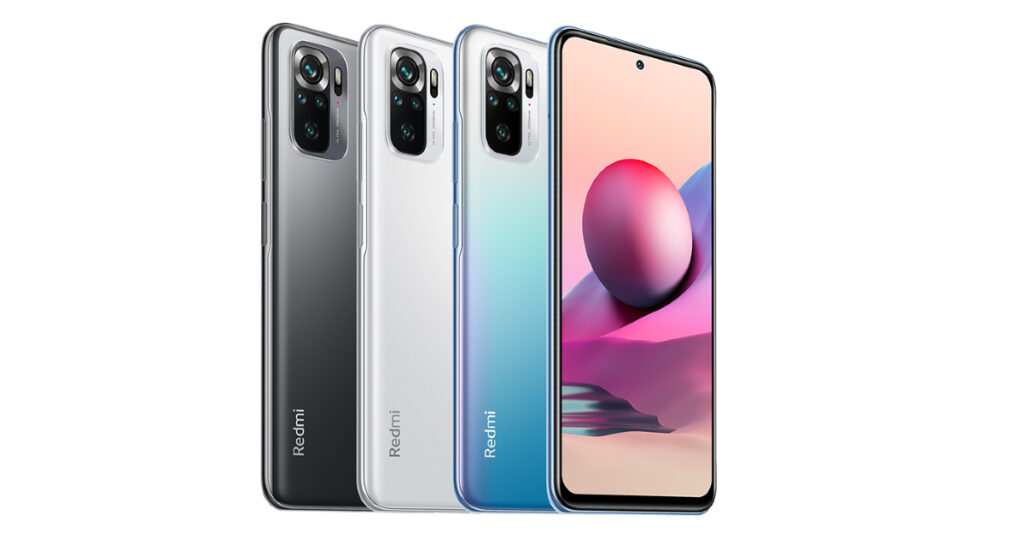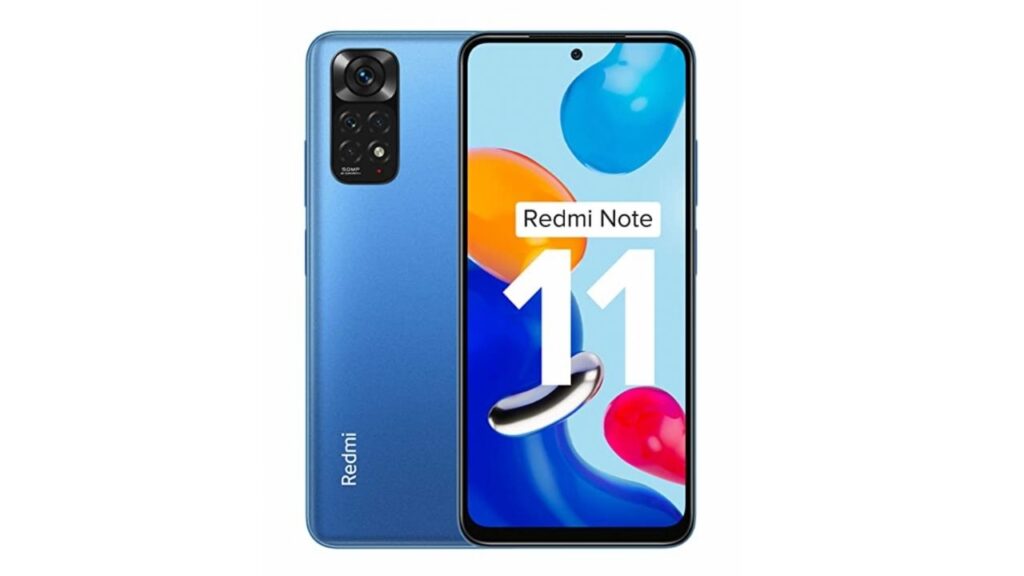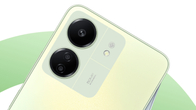
The smartphone market under Rs 15,000 is now the most active. The most cost-conscious customer in this category wants just about every feature possible. Redmi is doubling down and has unveiled the new Redmi Note 11 SE in an effort to maintain its position in the market. Ironically, the smartphone is a rebranded Redmi Note 10S. In this post, we’ll compare the Note 11 SE with the Note 11 to see how they differ from one another. Let’s take a look at the differences between the two phones in terms of specifications, features, cameras, price, and more.
Redmi Note 11 SE vs Redmi Note 11: price in India
| MODEL | VARIANT | PRICE IN INDIA |
| Redmi Note 11 SE | 6GB / 64GB | Rs 13,499 |
| Redmi Note 11 | 4GB / 64GB | Rs 13,499 |
| 6GB / 64GB | Rs 13,499 | |
| 6GB / 128GB | Rs 15,999 |
The Redmi Note 11 SE is available for purchase for Rs 13,499 and offers a single memory option with 6GB RAM and 64GB internal storage. It is available in Bifrost Blue, Cosmic White, Space Black, and Thunder Purple colour options.
On the other hand, the Redmi Note 11 is available in three memory options with the base variant starting at Rs 13,499 for the 4GB RAM and 64GB storage, going all the way to Rs 15,999 for the top-end model with 6GB RAM and 128GB internal storage.
Where to buy Redmi Note 11 SE and Redmi Note 11?
In terms of availability, the Redmi Note 11 SE is available on Flipkart, while the Redmi Note 11 is being offered through Amazon in India. Both smartphone models are available for purchase through the brands’ e-stores and dedicated brand offline retail stores as well as other multi-chain retail outlets like Reliance Digital and more.
Redmi Note 11 SE vs Redmi Note 11: specifications, features, and design
Design
Given that they are both from the same series, the Redmi Note 11 SE and Redmi Note 11 have a similar design aesthetic. The phones have flat sides and are partially composed of glass and plastic. The similarities don’t stop there, as both phones have the identical bottom layout, with the IR blaster and secondary mic on top, the volume rockers and power button, which also serves as a fingerprint scanner, on the right, the speaker grill, USB Type-C connector, and headphone jack on the bottom. Additionally, the selfie camera and the main lenses on the rear have the same aesthetics.
Display
One of the few smartphones in this market class with a respectable AMOLED display is the Redmi Note 11 SE, which sports a 6.43-inch Full HD+ AMOLED screen with a 60Hz refresh rate and 180Hz touch sampling rate. The flat panel is rather bright, measuring 700 nits on the scale. On all major OTT platforms, it has compatibility for Widevine L1 and all of the standard Xiaomi display features, including Reading Mode 3.0, Sunlight Mode 2.0, Blue light filter, DCI-P3 colour gamut, and Reading Mode 3.0.

In contrast, the 6.43-inch Full HD+ AMOLED display on the Redmi Note 11 has a 90Hz refresh rate and a 180Hz touch sampling rate. The 700 nits brightness is usual here but can now go up to 1,000 nits with HDR because of the different display controller compared to the Note 11 SE. It also gets the same display tech, including Widevine L1 compatibility for key OTT platforms, DCI-P3 colour gamut, and Blue light filter.
Processor, RAM, and Storage
The tried-and-true MediaTek Helio G95 SoC with Mali GPU powers the Redmi Note 11 SE. This chip has been available for around two years and currently runs most sub-Rs 15,000 devices. The phone is only offered in one configuration, which has 6GB of LPDDR4X RAM and 64GB of UFS2.2 storage.
The standard Redmi Note 11 model in comparison is powered by the latest Qualcomm Snapdragon 680 SoC with an Adreno GPU. This chip also has a strong foothold in the market, especially among the affordable 4G smartphones. The phone is available in three memory options with up to 6GB of LPDDR4X RAM and up to 128GB of UFS2.2 storage.
Cameras
Looking at the optics, the Redmi Note 11 SE features a quad camera setup on the back. This setup has been very common off late on Redmi phones. We get to see a 64MP Samsung made main sensor with an f/1.79 aperture and EIS capability, as well as an 8MP ultrawide angle lens, a 2MP macro sensor, and a 2MP depth sensor with a dual-LED flash. A 13MP camera on the front of the phone is in charge of selfies and video call needs.

In contrast, the Redmi Note 11 also features a quad camera setup but with a slight twist. This setup is rather new for Redmi phones and will likely be carried over onto the upcoming models. We get a 50MP Samsung JN1 main sensor with an f/1.8 aperture and EIS support. The main sensor is complemented with an 8MP ultrawide angle lens, a 2MP macro sensor, and a 2MP depth sensor with a dual-LED flash. The same 13MP sensor seen on the Note 11 SE makes a return here and is in charge of selfies and all other video needs.
Connectivity
In terms of connectivity both the smartphones share the same set of features that include 4G, VoLTE, Dual Band WiFi, Bluetooth 5.2, GPS/AGPS, GLONASS, BeiDou, Type C port, 3.5mm headphone jack, and a side-mounted fingerprint sensor for added security. They both run Android 11 with the latest build of Xiaomi’s MIUI out of the box.
Battery
A sizable 5,000mAh battery powers both the Redmi Note 11 SE and Redmi Note 11 and supports 33W fast charging. The charging brick is included in the packaging of the Redmi Note 11 in contrast to the Note 11 SE, which omits it to save cost.

















